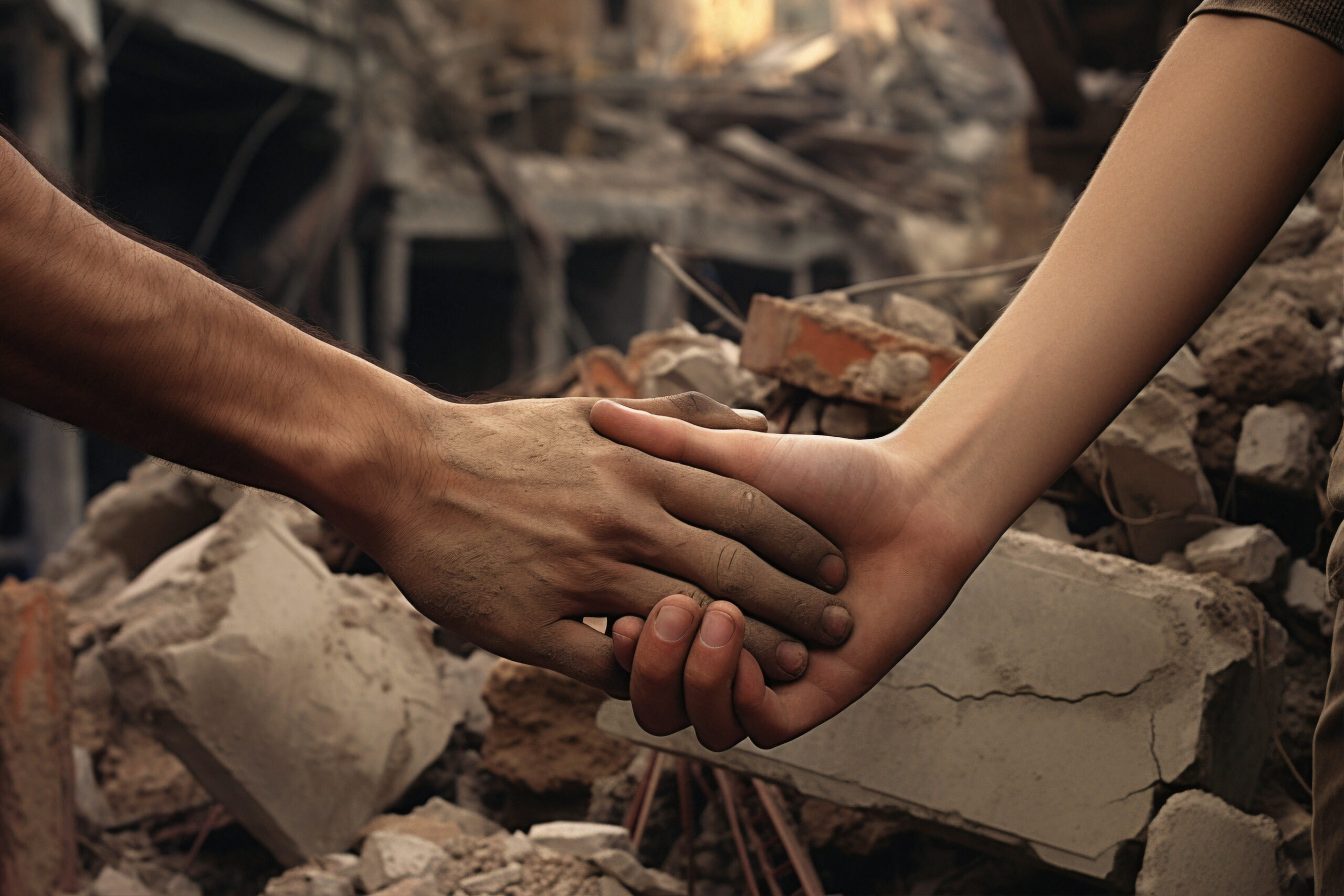EARTHQUAKE: Self-Care & Well-being Growth

EARTHQUAKE: Self-Care & Well-being Growth
Experiencing emotional distress after an earthquake is a natural response to an abnormal situation. However, if these feelings persist or intensify over time, they may indicate mental health problem. It’s essential to monitor your emotional and behavioral changes and seek professional help if needed.
Psychological Trauma is a response to distressing events such as earthquake. Common symptoms include anxiety, flashbacks, nightmares, and mood alterations. While these reactions are normal initially, if they last for more than a month and interfere with daily life, they may be signs of post-traumatic stress disorder (PTSD).
✅ Self-Care strategies
- Acknowledge Your Feelings: Recognize that fear, anxiety, and other emotions are valid reactions to trauma.
- Establish a Routine: Return to daily activities can provide a sense of stability and control.
- Practice Relaxation Techniques: e.g. Deep breathing, meditation, yoga, or progressive muscle relaxation to reduce stress & promote emotional well-being.
- Limit Exposure to Disturbing Media
- Seek Professional Help; if distressing symptoms persist or worsen.
TO LIVE BETTER: While trauma is challenging, and each individual reacts to trauma differently, many individuals experience personal growth following such events. This can include a renewed appreciation for life, stronger relationships, and a deeper sense of purpose. Fostering resilience and self-efficacy can facilitate this positive well-being transformation.
Saovanee (Bigg) Noppaprach, PhD C.P., Counseling Psychologist


